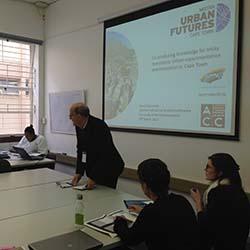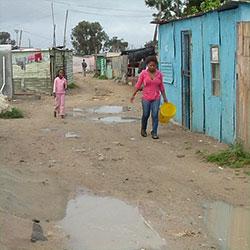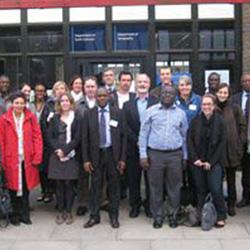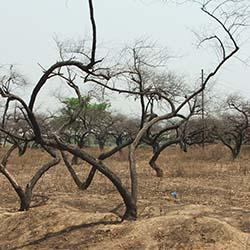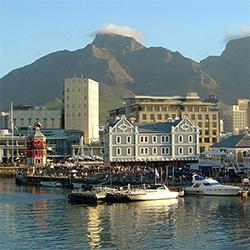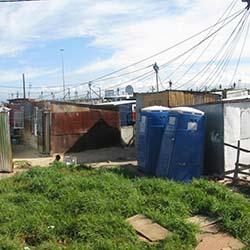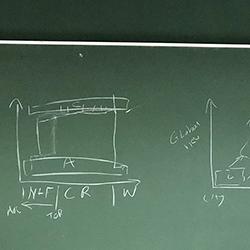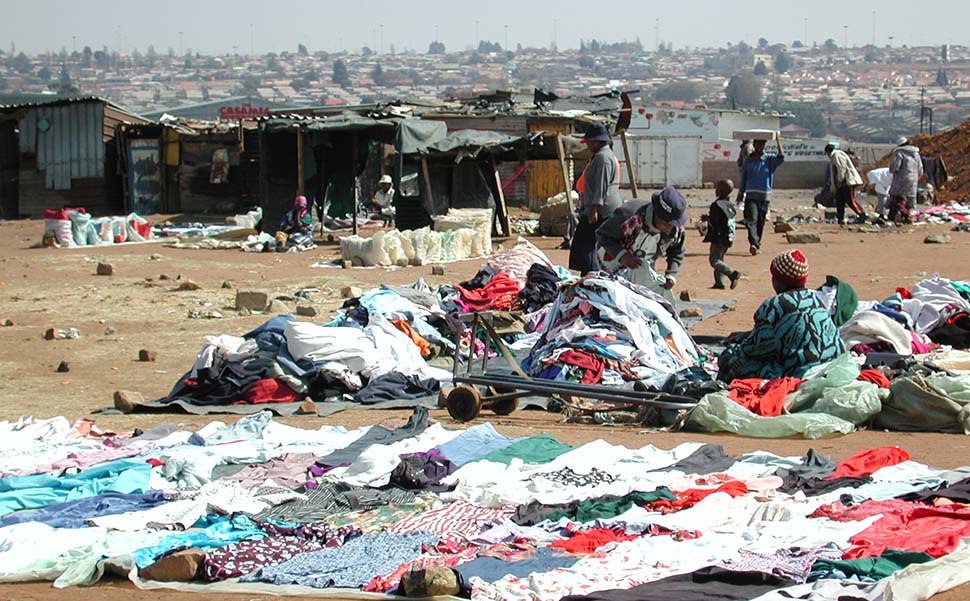
Urban Informality and Migrant Entrepreneurship in Southern African Cities
On the 10th and 11th of February 2014, the African Centre for Cities (ACC) hosted a workshop focussing on urban informality and migrant entrepreneurship in Southern Africa. The workshop brought together academics who specialise in research on issues of informality, migrants, entrepreneurship and xenophobia, particularly in the Southern African context.
In contexts where there are high levels of unemployment, many people, South Africans and migrants alike, turn to informal trading to make a living. The workshop, funded by the International Development Research Centre, explored particularly some of the challenges that face migrant entrepreneurs in Southern Africa. One of the most pervasive issues is that of xenophobia. Professor Jonathan Crush warned that while the levels of xenophobia are extremely high, a great degree of denial remains about this issue. For example, he noted that in many cases, attacks on migrants have been documented as an issue of criminality, rather than xenophobia (or a combination of the two). With projects such as Operation Clean Sweep in Johannesburg and Operation Murambatsvina in Zimbabwe, where informality is targeted by governments usually to ‘clear’ city centres of unsavoury elements and to bring about ‘order’ to public spaces, informality is often conflated with illegality. The effects of such programmes can be devastating to household survival strategies.
The first session of the workshop explored the key issues in urban informality and migrant entrepreneurship, including the effects of urbanisation in the global south, as well as an overview of some official data on informality in South Africa. The rest of the day was focused on migrant entrepreneurship in informal areas in Johannesburg, Cape Town, Mthatha and Durban. Presentations in these sessions explored how migrant entrepreneurs network in order to build more profitable businesses. The second day of the workshop looked at entrepreneurship in Southern Africa, particularly cross-border trade as well as informal trade in Maputo and Harare. The final session concentrated on policy implications and the future of informal entrepreneurship in Southern Africa.
The workshop provided an opportunity for extensive and detailed research into issues of migrant entrepreneurship and informality to be showcased. The workshop also allowed experts in the field to question the effects that proposed legislation, such as the Licencing of Businesses Bill, could elicit, particularly focusing on the bill’s implications for people’s livelihoods, as well as equality more generally.
The workshop was presented to a wider audience through live Tweets and Facebook updates.
A partnership for urban debates
Mistra Urban Futures is cooperating with the ACC, African Centre for Cities, in hope of contributing to broader urban debate in South Africa. Both centres want to highlight activities that illuminate innovative means of addressing questions of urban sustainable development across a range of contexts and in partnership with diverse stakeholders. This activity is a part of that cooperation.
